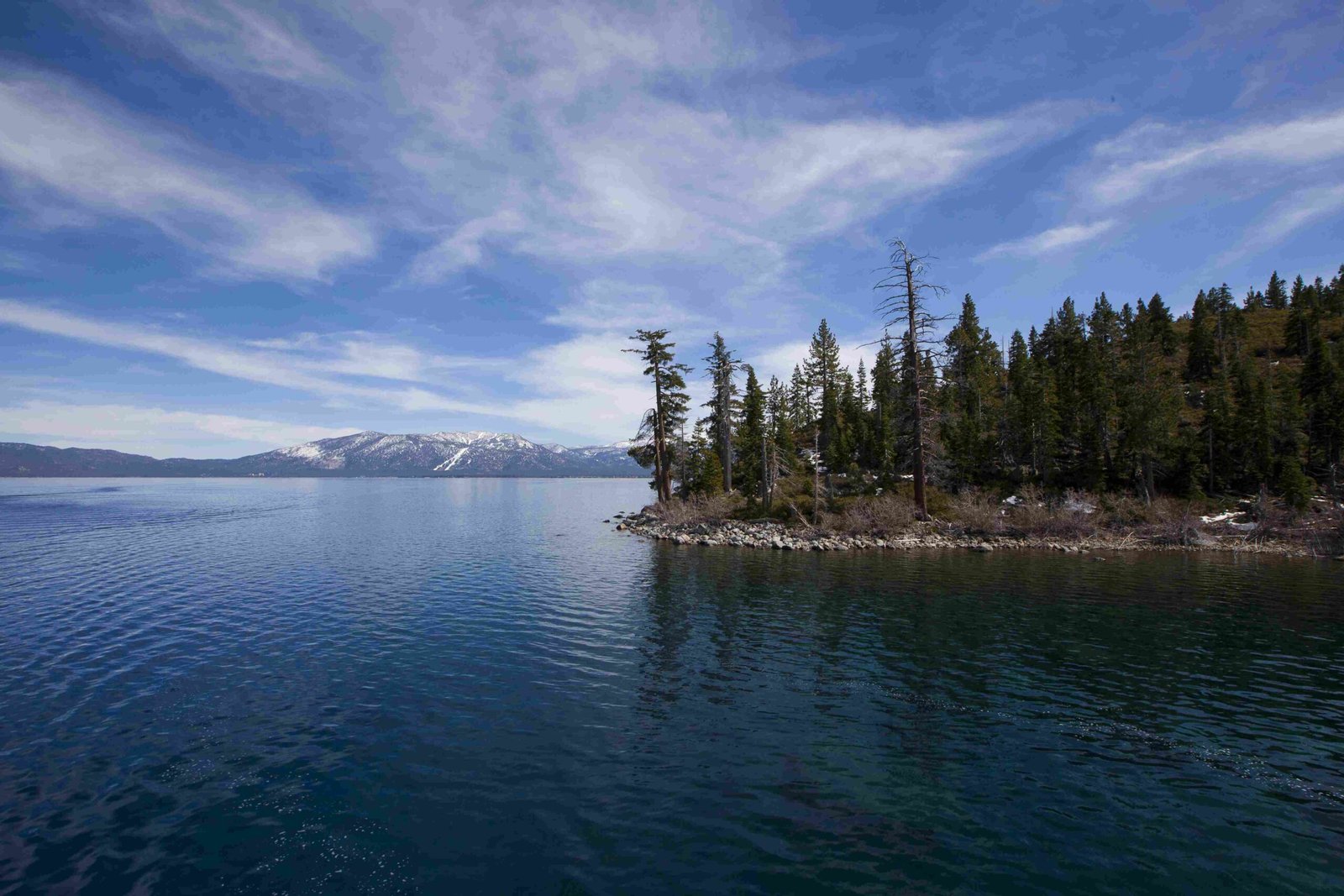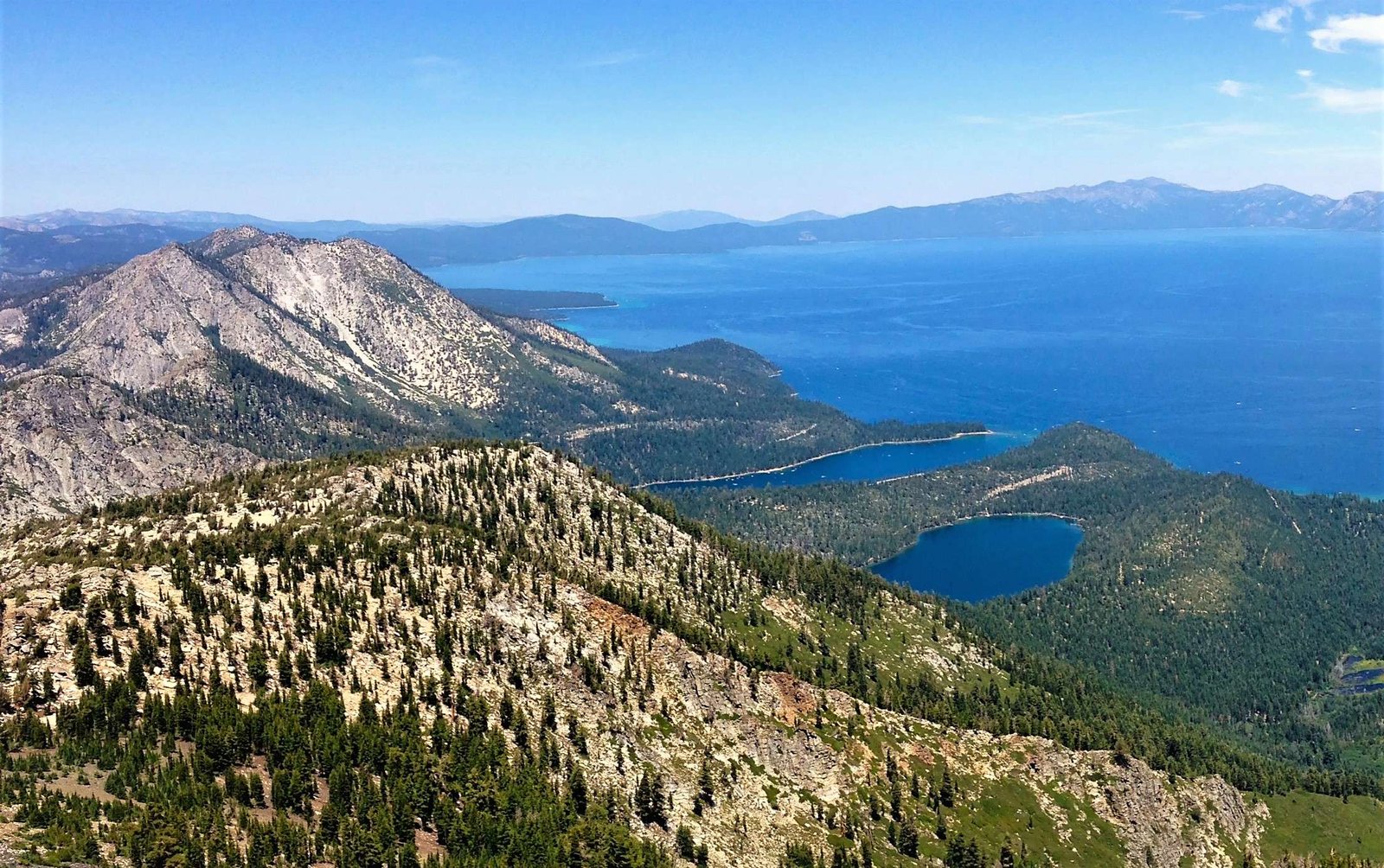Lake Tahoe presents a nuanced safety landscape with crime rates slightly above national averages. Visitors and residents should be aware of moderate crime risks, particularly in property-related incidents. The region offers beautiful experiences but requires informed awareness about local safety conditions, emergency services, and preventive measures to ensure a secure and enjoyable environment.
What Makes Lake Tahoe Safety Rating Unique?

Lake Tahoe’s safety profile is complex, blending natural beauty with urban challenges. Understanding the comprehensive safety metrics helps travelers and residents make informed decisions about their experiences in this stunning region.
How Serious Are Crime Rates in Lake Tahoe?
Crime Statistics Overview:
| Crime Category | Rate per 1,000 Residents | National Comparison |
|---|---|---|
| Total Crime | 24.51 | Above Average |
| Violent Crime | 6.38 | Higher Than Average |
| Property Crime | 18.13 | Above Average |
The crime landscape in South Lake Tahoe reveals several critical insights:
- Daily Incident Breakdown:
- 1.32 total daily incidents
- 0.37 violent crimes per day
-
0.95 property crimes per day
-
Year-over-Year Trends:
- 10.8% overall crime decrease
- 21.6% increase in violent crimes
- 19.2% reduction in property crimes
What Emergency Services Exist in Lake Tahoe?
Emergency Response Infrastructure:
- Primary Medical Facility: Barton Memorial Hospital
- Law Enforcement: South Lake Tahoe Police Department
- Fire Protection: Multiple strategically located fire stations
Response Time Expectations:
- Emergency medical services: Typically within 3-5 minutes
- Police response: Varies by location and time of day
- Fire department: Generally under 5 minutes
How Can Travelers Enhance Personal Safety?
Recommended Safety Strategies:
- Secure personal belongings
- Stay aware of surroundings
- Use well-lit and populated areas
- Keep emergency contact information accessible
- Install basic home/vehicle security systems
- Monitor local crime alerts and community updates
What Water Safety Precautions Should Visitors Take?
Essential Water Safety Guidelines:
- Always wear appropriate life jackets
- Check weather conditions before water activities
- Follow designated swimming area regulations
- Carry communication devices
- Be aware of potential hypothermia risks
- Understand local boating and water sport regulations
What Are Seasonal Safety Considerations?
Seasonal Safety Recommendations:
Winter:
– Check road conditions
– Use snow chains
– Carry emergency winter supplies
– Be prepared for rapid weather changes
Summer:
– Stay hydrated
– Use sun protection
– Monitor UV index
– Be cautious during outdoor activities
Final Safety Assessment

Lake Tahoe offers a relatively safe environment with moderate crime risks. Travelers should remain vigilant, prepared, and informed to maximize their safety and enjoyment.
Practical Safety Tips
- Research specific neighborhood safety
- Use reputable accommodation
- Trust personal instincts
- Maintain communication with local authorities
- Consider travel insurance
Reference:
– AreaVibes Crime Statistics
– CrimeGrade Lake Tahoe Report
– NeighborhoodScout Crime Data
